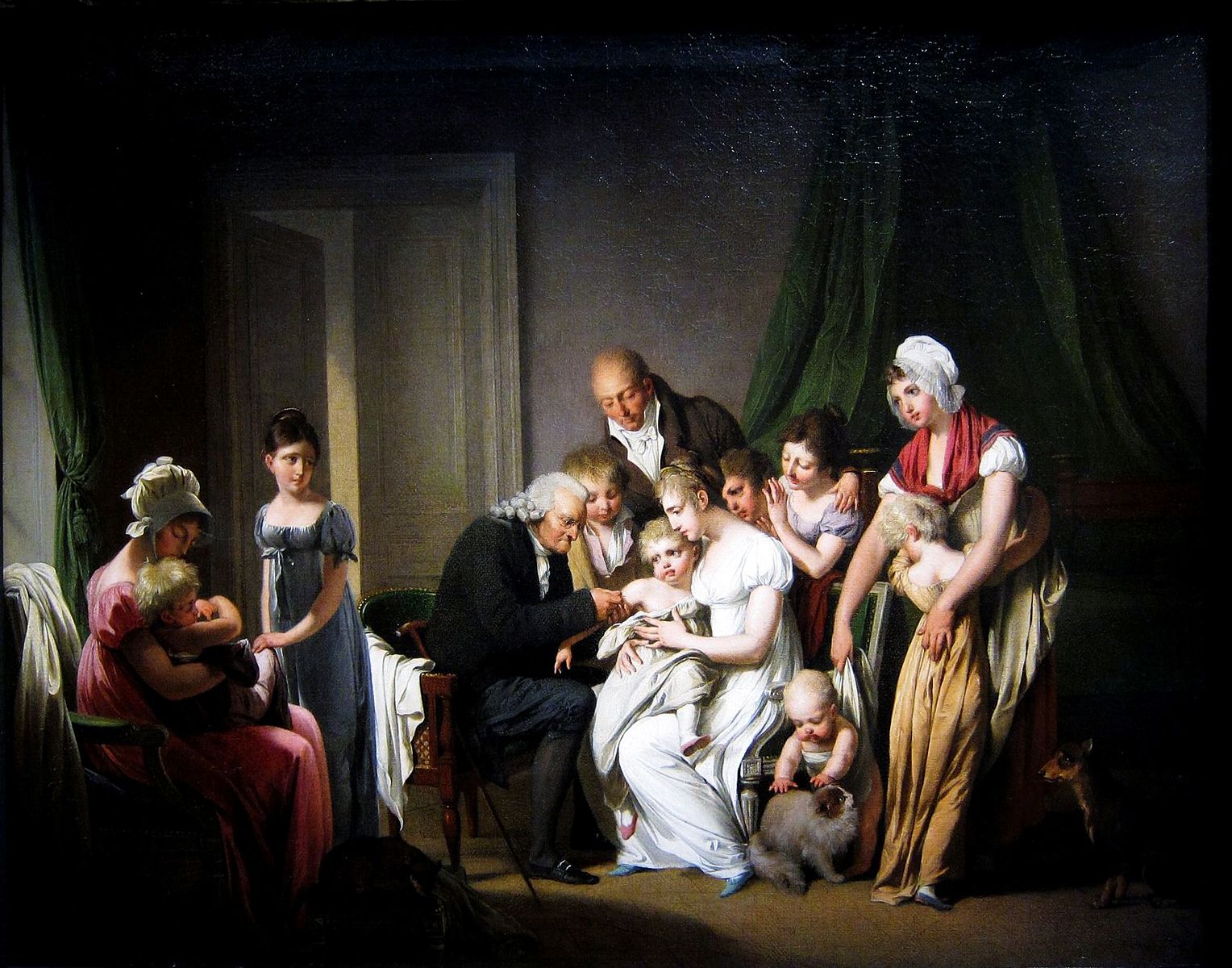
Laura's Blog

GUEST BLOG! Inoculating the Continentals: Stopping the Small Pox Epidemic
February 26, 2021

Right now, many of us are likely waiting for the Covid-19 vaccine and the protection mass vaccination will bring us. This isn’t the first time in United States history that mass vaccination has been used to save countless lives. One of the first times vaccines were used en masse was during the 1770s, when the country was already in upheaval during the American Revolutionary War.
During the war, smallpox was one of the greatest threats to the Continental Army’s survival. It was so threatening that George Washington, in a 1776 letter to Major Charles Lee, called it “one source of great evil,” and wrote to Patrick Henry “I know [smallpox] is more destructive to an Army in the Natural way, than the Enemy’s Sword.”
How could Washington protect the army from an enemy more dangerous than the British? Dr. William Shippen, a Director General of Hospitals of the Continental Army, knew just what to do. “[I]noculation should take place immediately,” he wrote to Washington in 1777, after conferring with a Congressional committee.
Washington believed in the effectiveness of inoculation (he was already immune from once having smallpox, and Martha Washington was inoculated), but he was wary about introducing it to the army at first. He knew just how dangerous smallpox was and made this clear in his General Orders in 1776, when he ordered all men infected with smallpox be removed from the general population of the army, and even placed under the watch of an armed guard. So why was he hesitant to inoculate the troops?
Washington felt they didn’t have the necessary resources to do so early on in the war. Instead, he wanted to stop smallpox from spreading through the troops. He wrote to Major General Horatio Gates “I think all circumstances considered, we should check, not spread the Infection, and there is no other way of doing it, but by curing all that now have it, and not suffering more to take it.” When inoculation didn’t seem like the right move at the moment, or was one he felt was too risky to take, Washington wanted to isolate the sick from the healthy to stop the illness from spreading and sickening everyone.
It turned out quarantining those who were sick wasn't enough to stop smallpox from running rampant through the troops. Less than two weeks after he wrote to Gates, Washington was ready to try inoculation even if logistically, it would be difficult to inoculate everyone and the proper cleanliness orders couldn’t be immediately implemented. He ordered Dr. Shippen to start inoculating new troops as they came into Philadelphia. He then wrote to Major General Philip Schuyler, commander of the Northern Department, with advice that inoculation “should be immediately begun in the Northern Army, & the Troops inoculated as fast as they arrive.”
Inoculation was generally performed by rubbing a cloth infected with smallpox from a person with a mild case into a cut on a healthy person’s arm. John Adams recorded an infected thread being put in an open wound on his arm.
Even with Washington’s and many major 18th-century American doctors’ belief in inoculation, not everyone agreed. In a letter from 1778, Washington wrote to an officer “It is with pain and grief I find [..] that our Countrymen are still averse to Innoculation [sic], especially when consequences so apparently ill, must result from it.” Many were afraid of inoculation, but it is estimated roughly 90% of soldiers’ deaths were the result of illness, not battlefield fatalities, during the American Revolutionary War. Inoculation saved many more men from that fate.
Washington’s decision wasn’t an easy one to make, but it saved many soldiers. As historian Ann M. Becker writes in “Smallpox in Washington's Army: Strategic Implications of the Disease during the American Revolutionary War,” “Due in large part to his perseverance and dedication to controlling smallpox, the Continental Army was able to survive and develop into an effective and reliable fighting force, unhampered by recurring epidemics of that disease.” Today, vaccinations do the same for us as the American experiment continues.

Other Blog Posts
Click Here to See All of Laura's Blog Posts
